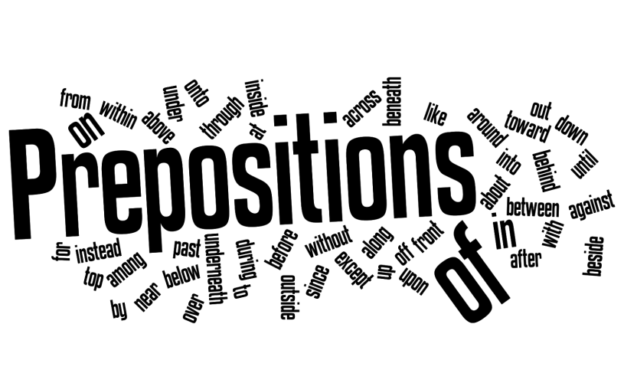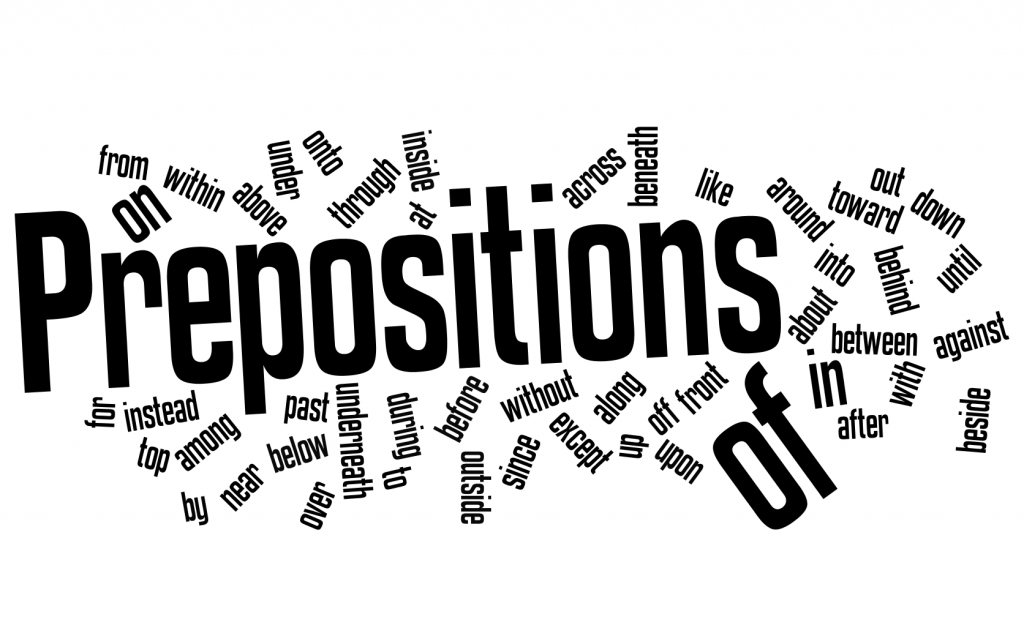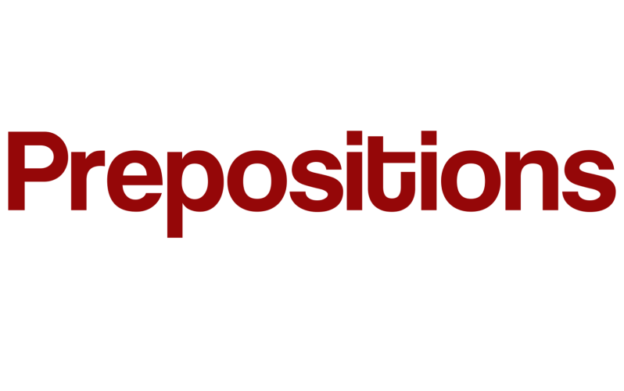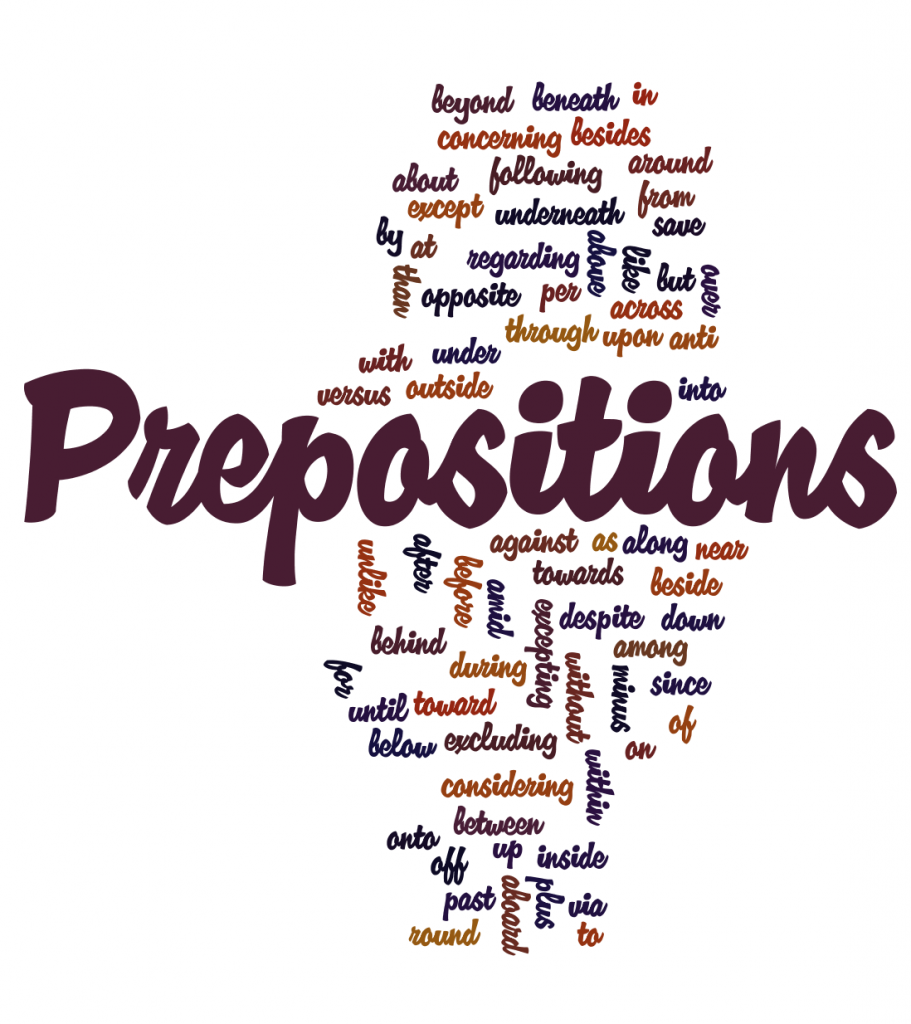A video is available for this episode (see below). Here is an episode with some rambling about recent news, LEPster meetups, transcript project team, listener comments & questions, teaching phrasal verbs with ‘in on’ and some music. This episode is also on YouTube. See below for details.
![]() [DOWNLOAD]
[DOWNLOAD]
Video (with some extra content)
Links
Moscow LEPster Conversation Club on Facebook https://www.facebook.com/groups/734996946664425/
Tokyo LEPsters 3rd Meetup https://www.facebook.com/events/1850850918464336/
A Phrasal Verb a Day https://teacherluke.co.uk/archive-of-episodes-1-149/phrasal-verb-a-day/
Introduction
I’m just checking in on you. How are you? I’m videoing this one. You can see it on the page for this episode, or on YouTube. I might do this more often if I can. (more about this later)
Are you growing a beard?
I’m not really doing anything! It’s just coming out of my face.
Someone in one of my classes said to me “Oh you’re wearing a beard!” – we don’t really saying this. You might say “Oh you’ve grown a beard!” or “Oh, you’ve got a beard”.
Here’s an overview of stuff I’m going to talk about in this episode
- Some news, some admin, some language tips, some phrasal verbs and probably some rambling!
- LEPster get togethers in Moscow and Tokyo
- The pros and cons of uploading LEP videos onto YouTube
- A quick reminder about The Transcript Collaboration
- Playing the podcast at different speeds
- Some recent comments from the website and other places
- A question about phrasal verbs with ‘in’ and ‘on’
- An update about a phrasal verb a day
- A song on the guitar
- Plus the usual rambling and stuff!
A lot of what I’m reading is written on the page for this episode, so check it out.
Also, if you’re transcribing – don’t forget to check the page for the episode because some content might already be written there and you can copy it into the transcript.
LEPster get togethers
Moscow
Moscow LEPsters – every weekend in cool anticafes where you pay a fixed price and then get as much tea, coffee and cake as you can stuff into your face. Sounds cool.
You can see from the FB pics that these spaces are interesting – one of them has a big lizard in a glass tank (like an aquarium, not a tank for war).
Click here for the FB page for the Moscow LEPsters Conversational Club
Alex (one of the Moscow LEPsters) sent me a message. It was his birthday and he asked me if I could talk to them for a few minutes. It looked like – or sounded like they were in a Russian sauna or something (!) but they were just crowded around the phone.
- Alex said “You look good in the frame” – The phrases in English would be: ‘Photogenic’, ‘the camera loves you’, ‘you look good on camera’
- I didn’t tell Alexander to say that thing about italki – but it’s true!
- “Mafia” sounds like a fun game. They played the Lying Game the previous week.
Doing YouTube videos
Advantages
- There’s a much bigger audience there. As Alexander said, many people don’t know what podcasts are (or how to spell or pronounce “podcast” either). He’s right, it’s still a bit of a niche, which I quite like in a way – if you’re taking the time to find this, get it on your phone and listen to it, it probably means you’re the sort of person who will like it, and YouTube is full of lots of general viewers who might discover my videos without really knowing what it’s all about, and they might not be the sorts of people who want to listen to me – but that’s a bit negative isn’t it. I’m sure there are plenty of people on YouTube who could like what I do, so I should try it more. Lots of YouTubers get high numbers of views. It could be successful for me. I could reach an even bigger audience.
- Some people prefer to watch, like visual learners etc. You can see my mouth moving and my body language. We know that the majority of the message we communicate is visual, so it might be good to see the way I move, the expressions on my face and so on.
Disadvantages
- Video is much more complex, inconvenient and time-consuming to produce. It takes up much more storage space and processing space on my computer. It slows down my computer a lot. I prefer audio for that reason – it cuts down the time I have to spend on this and allows me to produce more work.
- It can actually be a distraction from the language. Ultimately, I want you to focus on the spoken language and not get too distracted by the things you can see.
- But when possible I will try to video myself doing podcasts. Like Alex said, it shouldn’t require much extra effort to have the camera running while I’m talking and then upload the video straight onto YouTube, except that I won’t have the option to edit the video – as soon as I start trying to edit a 1hr video, everything takes absolutely ages.
- Perhaps I should also do more short videos on YouTube, rather than just the . It’s something I am thinking about certainly.
- Another thing I’ve been asked about is whether I’ve considered doing Facebook Live or Instagram Live videos. I keep thinking about doing that and I really should. I’m basically in the habit of doing the audio podcast and it’s working really well for me. BUt from time to time it would be cool to do FB live (I don’t have Instagram) and just hang out with some of my listeners. Some of you will be thinking – but I don’t have FB or Instagram! I’d have to video myself doing it on a separate camera and then upload that to YouTube. You wouldn’t be able to send comments and likes during the video, but you’d at least be able to watch it.
Facebook page for Moscow LEPsters: https://www.facebook.com/groups/734996946664425/
Tokyo!
Tokyo LEPsters are getting together on 3 March. Click here for the FB page!
https://www.facebook.com/events/1850850918464336/
We’re still coming to Tokyo in April – first and foremost it’s a holiday, because I’ve always wanted to show Japan to my wife who has never been, and I haven’t been back since 2005. But I am hoping to do a gig there, perhaps on the evening of Saturday 15th April.
Transcript collaboration
re-establish the rules and the benefits, and answer a few common questions.
How does it work
Rules on the page
Leave messages next to your chunks
Everyone has access to all the scripts, including the ones that are fully transcribed now.
Play the podcast at different speeds!
At 0.5x speed – I sound totally drunk.
Comments on the website
The comment section is alive with conversation these days in a way that’s never happened before. This is largely due to a few listeners like Cat, Nick, Eri, Antonio, Jack and Hiro who have been very chatty there recently – but also because of other listeners who drop in and leave comments – which is lovely to see and it’s adding some lively conversation and extra content under each episode because people are sharing videos, thoughts, pictures and other content.
Phrasal Verb Question
Frank asked me about the expression ‘in on’
Would you do me a favour? Can you sometime explain the usage of the expression “in on”? I don’t know in what cases it’s appropriate and why it is used in that way.
The last time I came across with it, was when I watched the first movie of Grey’s Anatomy. The young doctors, who came fresh from the university to the hospital in Seattle to work there, were welcomed by the director with the words: “Each of you comes here today hopeful, wanting in on the game.”
This expression is a little confusing to me. Usually, we use in or on in a sentence. Unfortunately, I can’t remember the other example I have seen it. I hope this makes more sense for you. Thank you for all your effort.
Have a great weekend!
Response
“In on” doesn’t mean anything really. It’s all about how that combines with other parts of the sentence.
At the beginning of this episode I said “I just want to check in on you and see how you’re doing”
Don’t focus on ‘in on’. You need to focus on “check in on you” or “check in on someone”.
So this is not about the meaning of the prepositions ‘in and on’ but the meaning and grammar of verbs, like “Check in on”.
Some people say this is a phrasal verb, or a multi-word verb, or an intransitive prepositional phrasal verb. To be honest we could spend ages trying to categorise this kind of grammar/vocabulary, to get exactly the correct term for these slightly different types of verbs – there are many different names in different books, and I guarantee that if we did spend loads of time defining what a phrasal verb is and what they should be called, it will just give you a headache. Phrasal verbs are notoriously difficult to understand from a grammatical point of view and as a result people don’t really agree on what to call them. Type 1 phrasal verbs, type 2 phrasal verbs, separable phrasal verbs, inseparable phrasal verbs, transitive or intransitive, prepositional verbs, intransitive non-separable idiomatic particalized verb phrases! Let’s just call them bastards, ok.
Because they are bastards, certainly when you first encounter them properly – I mean, they’re difficult and tricky, so they can seem like bastards if you’re learning the language or trying to teach it.
When you first encounter them, they can seem like bastards. Of course, once you get beyond that feeling and you learn a few phrasal verbs and get comfortable using them, they become less like bastards and more like slight bastards and then not bastards at all, and eventually you can call them your friends.
You’re already friends with some of them. E.g. “Take off” “Give up” “Shut up” “Carry on” “Find out” – you probably know all of those and you’ve discovered that they’re not really that bad. They’re pretty cool actually. And you have a sort of deep respect for them after a while, to the point at which you can call them bastards again, but in a good way. Like, “you cool bastard” or “Ah, you’old bastard you! Come here ya bastard! How have you been!?”
Anyway – ‘in on’. Let’s have a look.
The phrase you quoted from Grey’s Anatomy was “Each of you comes here today hopeful, wanting in on the game.” The director of the hospital is giving a speech to the new trainee doctors.
This phrase “To want in on something” means to want to be part of something, to want a piece of something, to want to be involved in something.”
E.g. “I’m putting together a team of people for a bank job. We’ve found out that 100 million dollars in diamonds is being delivered to the city bank next month, and we’re going to take it. We’ve got an inside man at the bank. Everything’s cleared. Security’s been paid off. We need a driver and some muscle to carry the bags and take the money to the safe house. Who wants in? Who wants in on this job?”
Some phrasal verbs have ‘in on’ as part of the phrase.
Copy me in on any correspondence (copy me in) – to be included in the email chain (to be CCd)
I want in on this job (to want in) – to want to be included in the job.
Are you in on the joke? (to be in on a joke) – to be included in the joke.
It took me ages to catch on to what he was talking about. (to catch on)
I’m just checking in on you. (to check in on someone) – suggests visiting a person to check how they are doing – also used for phone calls. Imagine popping into someone’s office and saying “How are you guys doing? I just thought I’d check in on you, see if you need anything.”
Mainly these are intransitive phrasal verbs with a dependent preposition.
Now, verbs in English aren’t always one word. Sometimes they’re two or even three words. We have a lot of verb phrases, also called phrasal verbs.
Just like normal verbs, some phrasal verbs are intransitive.
Intransitive means the verb doesn’t need an object.
Comment – would you like to comment?
Participate – I’ll participate.
Object – He strongly objected.
Complain – She didn’t like it. She complained.
But if you add an object you have to use a preposition.
Comment – would you like to comment? Would you like to comment on the game?
Participate – I’ll participate. I’ll participate in the workshop.
Object – She strongly objected. She strongly objected to the decision.
Complain – She didn’t like it. She complained. She complained about the changes.
This works with some phrasal verbs too.
E.g.
Copy in.
Catch on.
Drop in.
Talk back.
When you add an object, you need another preposition.
Could you copy me in on the email.
Did you catch on to the secret plan.
Shall we drop in on Jeff in his new flat?
What do I have to do to keep ahead of the competition?
The teachers hate it when Dave talks back to them.
So, in the end, I would suggest that you try to learn this kind of language as a chunk of vocabulary and choose not to be too distracted by the vocabulary.
So, try to notice all the phrasal verbs in this paragraph.
“I’m just checking in on you. Just thought I’d drop in on you, just to see how you’re getting on with the project. I’m really glad to see you working hard on this one. It’s exactly the sort of thing we need to do in order to keep ahead of the competition. Make sure you keep copying me in on all the email correspondence with the clients and suppliers so that I can keep up to date with all the work that you’re doing, while I sit in my office smoking a cigar and watching the cricket, ok?”
You’ll see that written on the page for this episode. Try to learn them and add them to your active vocabulary.
A Phrasal Verb a Day
I haven’t done one of those episodes for months. The reason is that it’s hard to get back into the habit, and because there isn’t enough incentive for me to keep doing them.
Hi I’ve started listening to your phrasal verb podcast. I found that It is the perfect content to study by myself since I can use phrasal verbs in my real life right after listening to it. I can rather easily find written version of phrasal verb list but actually listening to your explanation is better for me to understand and memorize it.
Though It’s a shame that you couldn’t reach your goal, which is making 365 list of it. but I also understand It will be very hard for you to carry on this without any sponsorship. I actually think this content is worth to pay, you might want to publish it through another platform.
Thank you again^^
DY from Korea.
Even though episodes are short, it does take quite a lot of time – I have to create lots of pages on my site, manage transcripts for each one, and it’s taking time and I have to wonder what’s in it for me?
Click here for A Phrasal Verb a Day – Episode Archive
Spotify playlist
Song
The Flaming Lips – Yoshimi Battles the Pink Robots (Part 1) – Lyrics







